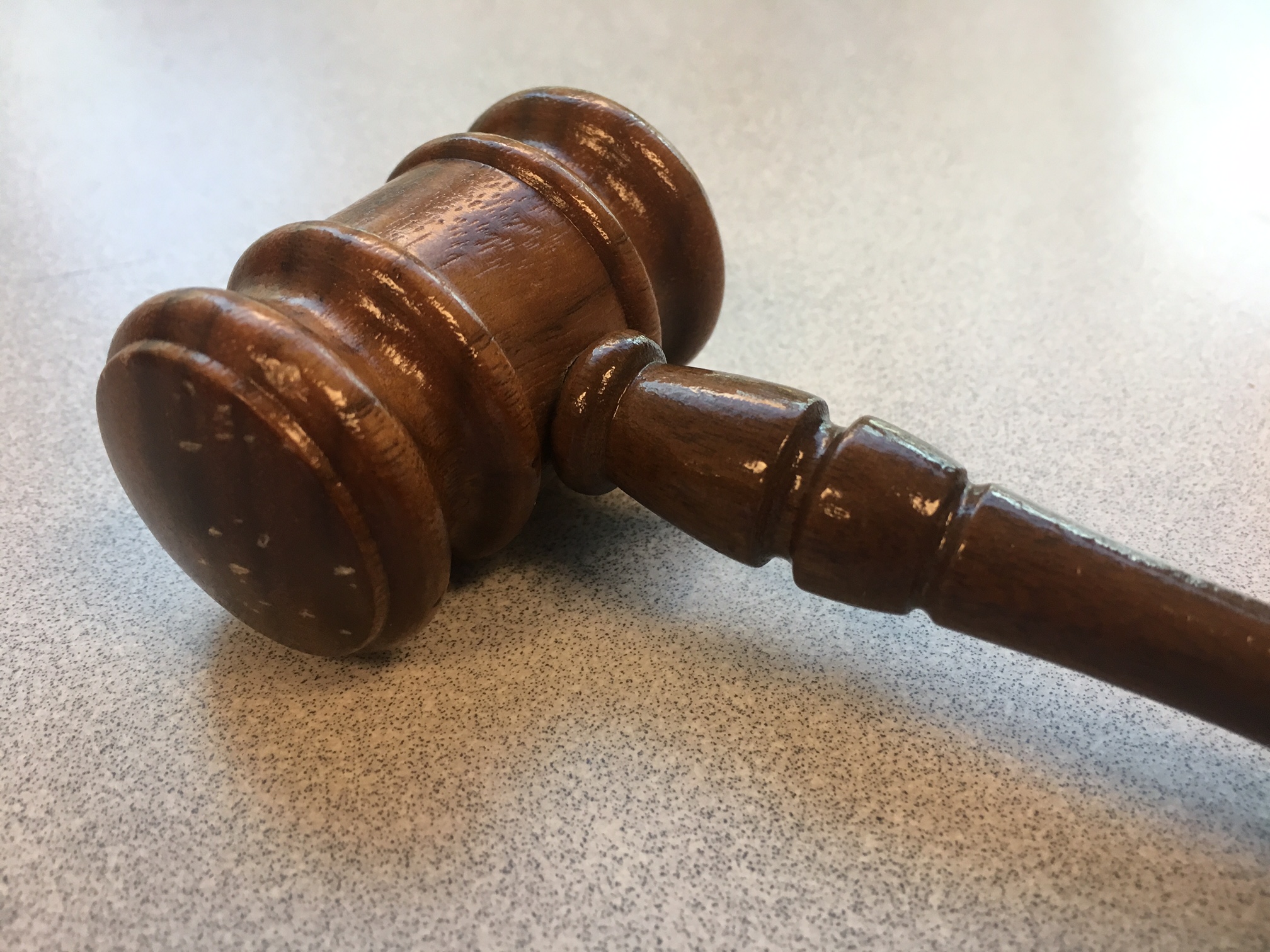MichMash: Michigan’s Juvenile Justice Policies Get Poor Marks from Advocates
Here are the policies advocates say contribute to Michigan’s “school-to-prison pipeline.”

The new school year comes with a lot of uncertainty for parents and students. Juvenile justice advocates are trying to call attention to the anxieties that parents and students of color face every year related to what they call the “school-to-prison pipeline.”
As part of the weekly series, MichMash, WDET’s Jake Neher and MLive’s Cheyna Roth talk about the unique ways Michigan treats young people in the justice system.
Subscribe to MichMash with hosts Jake Neher and Cheyna Roth on iTunes, Spotify, Google Podcasts, NPR One or wherever you get your podcasts.
The case of “Grace” has made national news lately. Grace is the middle name of a teenager in Oakland County who was sent to a juvenile detention center for a probation violation that involved not doing her homework.
This has led people to examine how Michigan treats its juvenile offenders and what happens to juveniles in the justice system.
Michigan has or doesn’t have a number of policies that make it unique in the United States.
Detroit Today: African American Teen Jailed for Not Completing Homework Exemplifies Larger Problem
Lack of data
One area where Michigan falls short, according to advocates, is information about how we’re treating young people in the justice system. We don’t know how many juveniles are in detention facilities, why they are there, and how long they’ve been there, said Jason Smith, director of youth justice policy for the Michigan Center for Youth Justice.
“To resolve a lot of these problems, we need better data,” he said. “We need to understand how many Graces are out there, how many young people are in confinement for low level offenses, especially during a pandemic.”
Detaining young people for “status offenses”
One thing that is landing juveniles in detention a lot of times are “status offenses,” which are offenses that juveniles get in trouble for simply because of their age. For example, skipping school and not doing their homework.
Under federal law, a juvenile cannot be put in detention for these status offenses if it’s their original offense.
But there’s the Valid Court Order exception that allows judges to detain young people for these status offenses if it’s part of a probation violation. Michigan does this a lot — only Washington and Arkansas used the exception more in Fiscal Year 2016 to detain minors. Many states have banned this practice, and many others use it infrequently.
Advocates say the state needs to find other ways of dealing with juveniles in the justice system, and hopefully cut off the “school-to-prison pipeline.”
“Raise the Age”
There have been some changes recently, Gov. Gretchen Whitmer signed the “Raise the Age” bills that raise the age of people automatically charged as adults in Michigan’s criminal justice system from 17 to 18.
Those changes take effect in October of 2021.
More MichMash
MichMash: Uncharted waters ahead for fishing on the Great Lakes
MichMash: Campaigns try to reach people without touching them during coronavirus pandemic
MichMash: Whitmer’s mask order has teeth, but will local law enforcement bite?
Trusted, accurate, up-to-date
WDET is here to keep you informed on essential information, news and resources related to COVID-19.
This is a stressful, insecure time for many. So it’s more important than ever for you, our listeners and readers, who are able to donate to keep supporting WDET’s mission. Please make a gift today.
